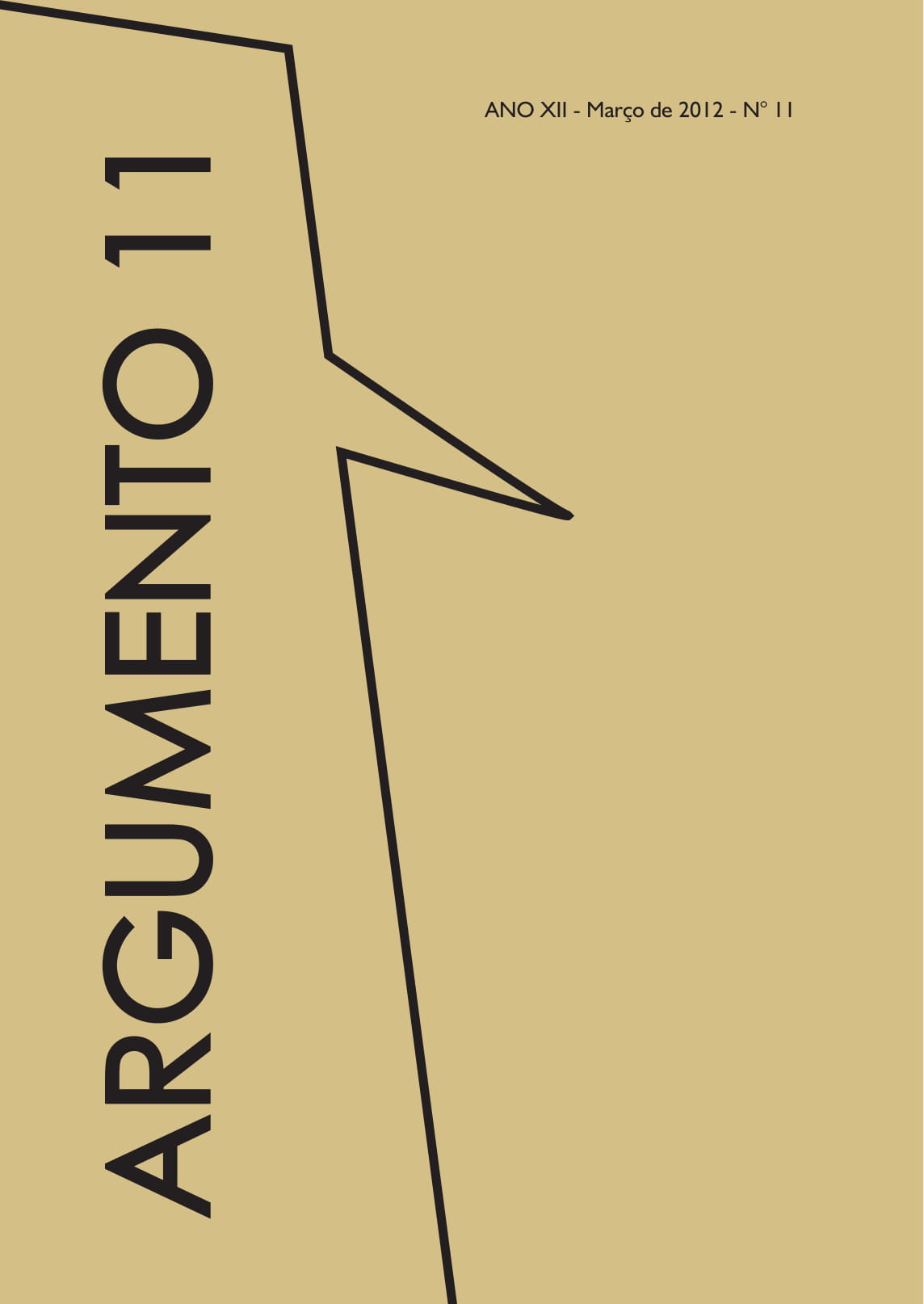Pragmatismo, natureza e verdade
Resumo
Neste artigo aspiro por esclarecer como William James (1842-1910), inserido no contexto do pragmatismo clássico, articula a intencionalidade na construção de uma teoria do significado e, consequentemente, na sua concepção pragmática da verdade, atentando para o desenvolvimento de uma visão naturalizada do conhecimento, visão esta dinamizada pelo poder explicativo oferecida por uma abordagem evolucionista.
Considero que este esforço tem como meta prover à epistemologia e a psicologia de seu tempo um sistema teórico que possibilite compreender melhor tanto a natureza do entendimento como os fenômenos mais gerais que ocupam as ciências cognitivas, em especial, nos processos de formação da crença.
Downloads
Referências
ANDRESKI, Stanislav (1971). Herbert Spencer: Structure, Function and
Evolution. Londres: Michael Joseph.
BAIARDI, D. C. (2008). Conhecimento, Evolução e Complexidade
na Filosofia Sintética de Herbert Spencer. In: Manuscrito. São Paulo:
Acervo de teses (Dissertação de Mestrado). USP-FFLCH.
BORING, Edwin G. (1929). A History of Experimental Psychology. Nova
York: D. Appleton.
BORING, Edwin G. (1963). History, Psychology and Science. Nova
York: John Wiley and Sons.
CAMPBELL, Donald (1993). Evolutionary Epistemology. In: BARTLEY,
W.W.; CAMPBEL, D & RADNITZKY, G. Evolutionary epistemology,
rationality and the sociology of knowledge. La Salle: Open Court.
CARLSON, Thomas (1997). James and the Kantian tradition. In:
PUTNAM, Ruth Anna (Ed.). The Cambridge Companion to William
James. Cambridge University Press.
DOYLE, Bob (2010). Jamesian Free Will, The two-stage model of
William James. In: William James Studies, Vol. 5, pp. 1-28.
GODFREY-SMITH, P. (1996). Complexity and the Function of Mind in
Nature. Nova York: Cambridge University Press.
JAMES, William (1878). Remarks on Spencer’s definition of Mind as
Correspondence. In: Herbert Spencer, Contemporary Assessments -
Herbert Spencer Collected Writings. Londres: Routledge & Thoemmes
Press, 1996.
JAMES, William (1890). The Principles of Psychology. Nova York: Dover
Publications, 1950.
____ (1907a) Pragmatism and Common Sense. In: The Writings of
William James. Chicago: The University of Chicago Press, 1977.
____ (1907b) Pragmatism’s Conception of Truth. In: The Writings of
William James. Chicago: The University of Chicago Press, 1977.
____ (1907c) The Present Dilemma in Philosophy. In: The Writings of
William James. Chicago: The University of Chicago Press, 1977.
____ (1909). The Meaning of Truth. Nova York: Arc Manors, 2008.
KILPINEN, Erkki. (2008). Pragmatism as a Philosophy of Action.
(Conferência apresentada na First Nordic Pragmatism Conference,
Helsinki, Finlândia, Junho de 2008). Obtido em: [http://www.
nordprag.org]. Acessado em 10 de Outubro de 2010.
KINOUCHI, R. R. (2006). Darwinismo em James: A Função da
Consciência na Evolução. In: Psicologia: Teoria e Pesquisa, Set-Dez
, Vol. 22 n. 3, pp. 355-362.
KIRKHAM, Richard (1992). Theories of Truth. Cambridge: MIT Press, 1992.
PERRY, Ralph Barton (1948). The Thought and Character of William
James. Nashville: Vanderbilt University Press, 1996.
PUTNAM, Hilary (1995). Permanência em James. In: Cognitio-estudos,
V. 7, Nº 2, dezembro, 2010, pp. 210-220.
RORTY, R. (2006). Religious Faith, Intellectual Responsibility and
Romance. In: Putnam, Ruth Anna (Ed.). The Cambridge Companion to
William James. Cambridge: Cambridge University Press, 1997.
RUSSELL, B. (1910). William James’ Conception of Truth. In:
RUSSELL, B. Philosophical Essays. Nova York: Routledge, 2003.
SIMON, Linda (2010) (Curadora) – Expo William James – “Life
is on the Transitions”. Disponível em [http://hcl.harvard.edu/
libraries/houghton/exhibits/james/professor/5_2.cfm], Acessado em
/04/2011.
SPENCER, Herbert. (1855) Principles of Psychology. In: Herbert Spencer
Collected Writings, Vol. IV. Routledge & Thoemmes Press. Londres, 1996.
TRYBULEC, Barbara (2008). Is Naturalism Normative? The Function
of Epistemic Norms Within Naturalized Epistemology. In: Percipi 2
(2008): 15–2
Downloads
Publicado
Como Citar
Edição
Seção
Licença
Copyright (c) 2019 Daniel Baiardi

Este trabalho está licenciado sob uma licença Creative Commons Attribution 4.0 International License. Todos os trabalhos que forem aceitos para publicação, após o devido processo avaliativo, serão publicados sob uma licença Creative Commons, na modalidade Attribution-NonCommercial-ShareAlike 4.0 International Public License (CC BY-NC-SA 4.0). Esta licença permite que qualquer pessoa copie e distribua a obra total e derivadas criadas a partir dela, desde que seja dado crédito (atribuição) ao autor / à autora / aos autores / às autoras.


